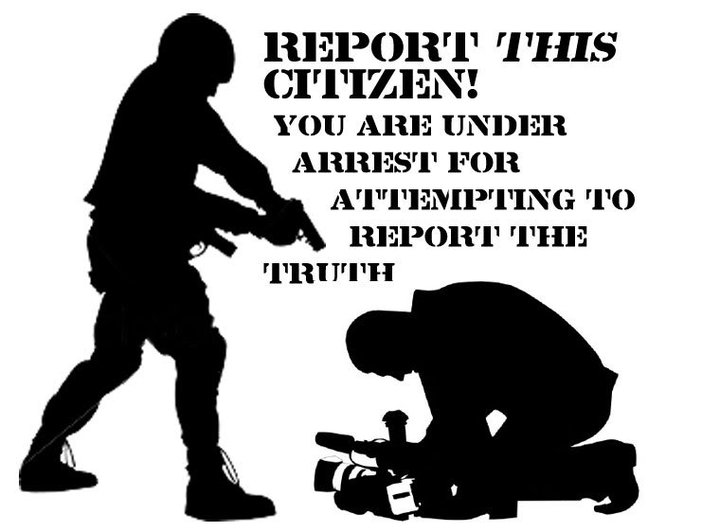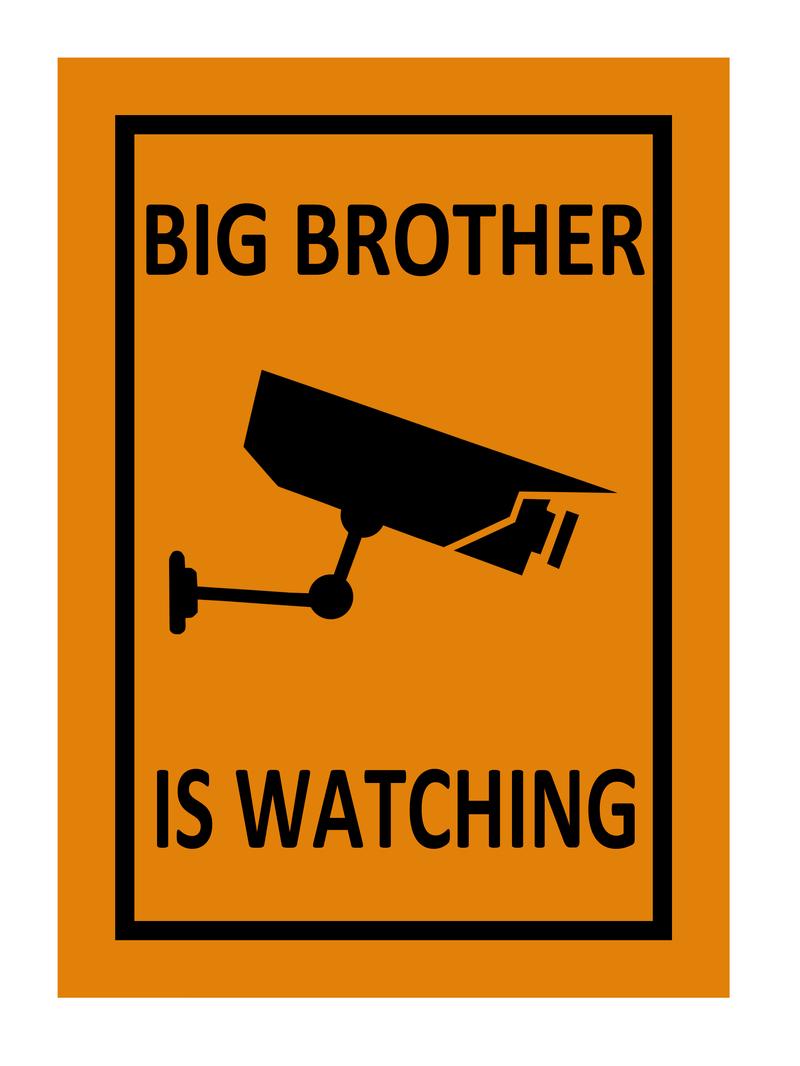Is police corruption becoming routine in Britain?
Are
police increasingly using their powers to crack down not on criminals but on
anyone who dares to speak out against them?
According
to a report from HM Inspectorate of Constabulary (HMIC), nearly half of 17,200
officers and staff surveyed said that if they discovered corruption among their
colleagues and chose to report it, they didn’t believe their evidence would be
treated in confidence and would fear “adverse consequences” (i.e. against the complainant).
The Serious
Organised Crime Agency (SOCA) recently reported that there has been a sharp increase
over the past five years in the number of police officers dealing serious
illegal drugs and an equally startling rise in the number of officers abusing
their power “for sexual gratification” — in other words bullying or cajoling
suspects, witnesses and even victims into sexual acts.
It
recently emerged that the Metropolitan Police Service (“the Met”) suspended 73
police officers, community support officers (quasi-police) and other staff on corruption charges in
the past two years. They cited drug crimes, bribery, theft, fraud, sexual
misconduct and un-authorised disclosure of information.
Eleven
were convicted in court, but what happened to the others? Seemingly some were
allowed to resign or retire (presumably with full pension rights) and some were
dismissed.
This is
all reported in a recent article from The Spectator magazine which can be read
here:
The article’s
author, Neil Darbyshire, believes that,
with its constant leak inquiries, harassment of whistleblowers and journalists,
and scandalous misuse of terror legislation to tap the phone records and emails
of ordinary citizens, the Met is probably more authoritarian and opaque than at
any time in modern history and that this culture comes directly from the top i.e.
from failures by the Commissioner himself.
He thinks
that the present generation of police chiefs come from a very different breed
than those in the past. “Fast-tracked and homogenised from an early stage”,
they can be difficult to tell apart. Often laden with degrees in law, business
and “criminology” accumulated during their police careers, they are more managers
than police officers — managers of budgets, managers of public relations and,
most importantly, managers of risk to their own careers. They speak in the
obscure, vapid jargon of stakeholder engagement, paradigm shifts and
proactivity.
Darbyshire
thinks this is very far from transparency, let alone the transparency that the
Met claims to champion.
He thinks
that the present Met chief, Bernard Hogan-Howe, is one of these types of
Commissioner.
 |
| Sir Bernard Hogan-Howe, the Metropolitan Police Commissioner - good cop, bad cop... or just weak? |
Apparently,
his “total policing” policy, as explained by him, meant that “no legal tactic
is out of bounds” in the investigation of crime and Darbyshire cites, as an
example, his use of the Official Secrets Act to try to compel a journalist to
reveal the source of a story about celebrity phone hacking.
The
Official Secrets Act is meant principally to be used to trap spies, traitors
and those who threaten the defence of the realm — not reporters going about
their legitimate business. This, says Darbyshire, was a disproportionate and
oppressive use of the law.
Similarly,
says Darbyshire, legislation designed to combat terrorism and serious crime,
such as the Regulation of Investigatory Powers Act (“RIPA”), is used with
alarming frequency by Hogan-Howe and other police chiefs to snoop on the
internet and phone records of law-abiding citizens.
This,
says Darbyshire, is the tactic of the police state and not so much total policing
as totalitarian policing and, says Darbyshire, favours more armed officers on
routine duties, more use of Tasers (an electric gun that delivers severe
electric shocks to the receiver) and the mainland deployment of water cannon to
disperse rioters, despite the fact that its use in Northern Ireland tended to
inflame tensions rather than cool them.
As Darbyshire puts it, one of the consequences of a heavy-handed police leadership stretching the law and using their power to bully and intimidate is that rank and file officers are encouraged to think they can do the same.
| Face of the future? |
As Darbyshire puts it, one of the consequences of a heavy-handed police leadership stretching the law and using their power to bully and intimidate is that rank and file officers are encouraged to think they can do the same.
Moral
decline, often the consequence and corollary of the decline in religious belief,
is not selective but affects all of society – including the supposed guardians
of society.
Add to
that the increasing problem of Jihadist terrorism, increasingly being imported
into Europe, and occasioning the introduction (often clumsily and heavy-handedly)
of more and more draconian legislation (particularly during the years of Tony
Blair’s government), allowing the authorities, and particularly the police, to deprive
subjects of their rights, more and more, and to snoop upon, harass, molest and
bully the ordinary member of society more and more.
These are
the all-too-worrying signs of the beginnings of an incipient police state.
This is
where the abandonment of morality and respect for others leads any society.
Could the
UK be going that way?
...

















.jpg)


























_-002.jpg/220px-Circle_of_Anton_Raphael_Mengs,_Henry_Benedict_Maria_Clement_Stuart,_Cardinal_York_(ca_1750)_-002.jpg)



2 comments:
"Is police corruption becoming routine in Britain? "
Somehow after Rotherham, I don't think this question needs to be asked. God knows how much worse it is going to get.
Sadly, I have to agree with you, Mark.
Post a Comment